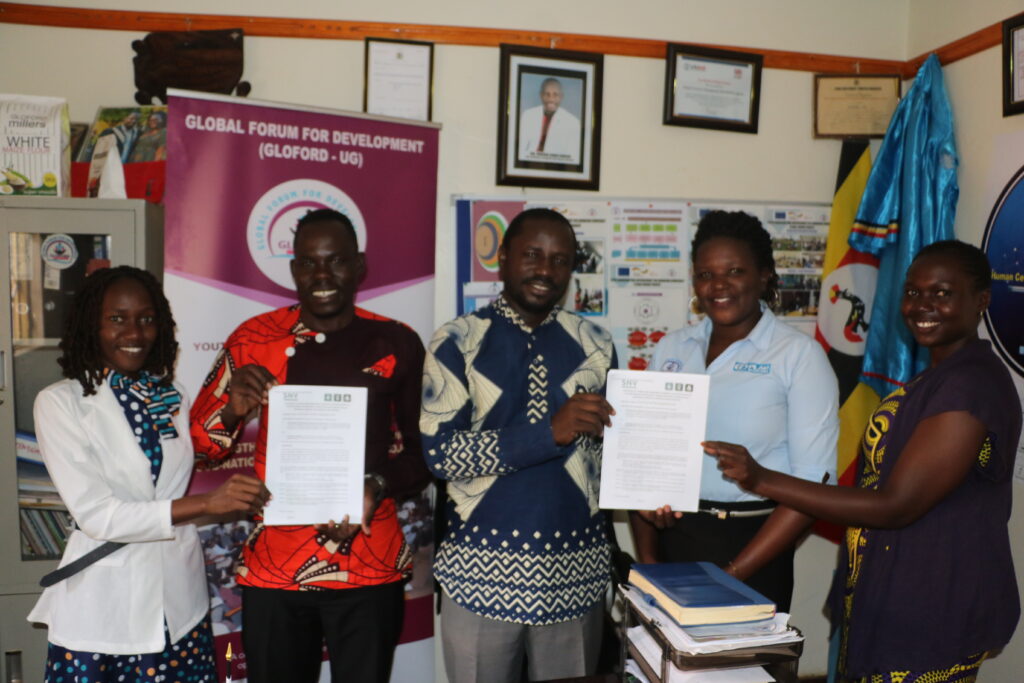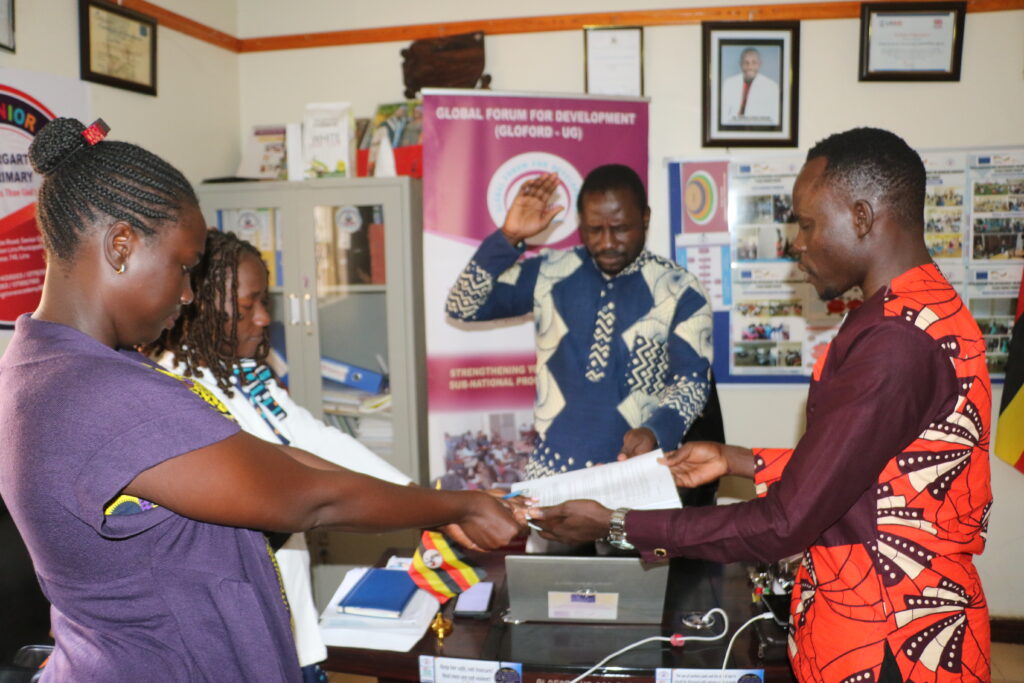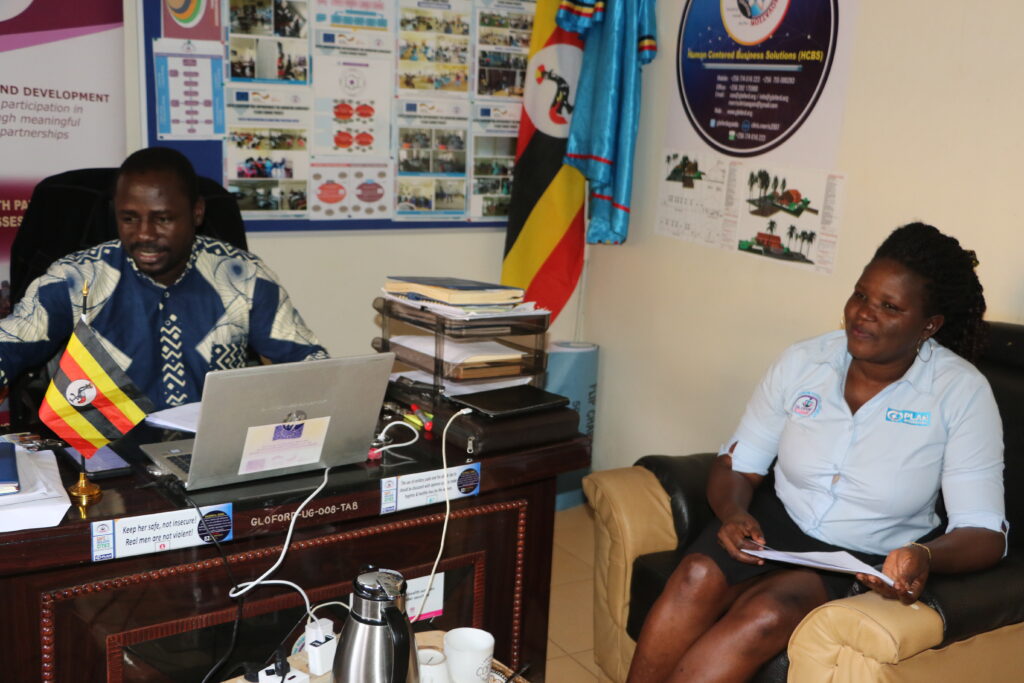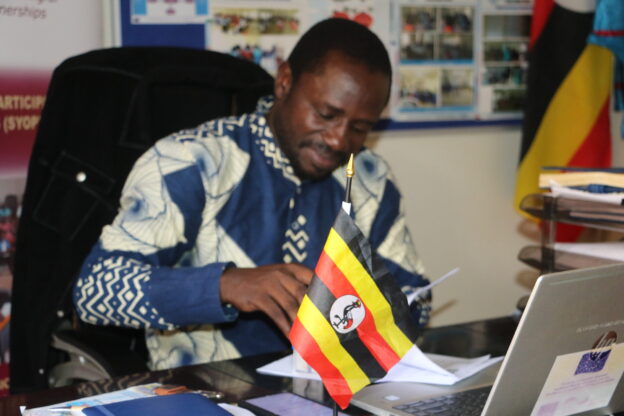GLOFORD to Work with SNV to Improve Access to Water and Sanitation and Hygiene Facilities in Lira and Kole under its new SWASSH4A project.

In an effort to provide the local communities in Lira and Kole districts with reliable access to water, sanitation, and hygiene facilities, GLOFORD Uganda has recently signed a two-year contract with SNV. This partnership aims to implement a much-needed project that addresses the pressing issues surrounding water and sanitation in these areas, ultimately improving the quality of life for the residents.
Access to clean water, proper sanitation, and adequate hygiene facilities is essential for the overall wellbeing and health of a community. Unfortunately, this is an ongoing challenge faced by many communities in Uganda, including those in Lira and Kole districts. The lack of access to clean water sources and proper sanitation facilities has severe consequences for the local population, leading to the outbreak of diseases and an overall decline in quality of life.
Recognizing the urgency of this situation, GLOFORD Uganda, a leading non-governmental organization dedicated to community development, with funding from the Austrian Development Cooperation (ADC) has partnered with SNV, a renowned international development organization to implement a Sustainable Water Supply, sanitation and Hygiene for All (SWASSH4A) By combining their expertise and resources, GLOFORD and SNV aim to create sustainable solutions to the water and sanitation crisis in Lira and Kole districts.

The two-year contract between GLOFORD and SNV signifies a commitment to implementing a comprehensive project that will address the multifaceted challenges faced by the local communities. The project’s main objective is to ensure that locals have reliable access to clean water sources, improved sanitation facilities, and proper hygiene practices.
The partnership’s focus on providing access to clean water is crucial. Without a safe and reliable water supply, communities are at risk of waterborne diseases, which disproportionately affect vulnerable populations such as children and the elderly. It is estimated that around 3.6% of deaths in Uganda are caused by diarrhea, primarily due to poor water quality and sanitation. By implementing sustainable solutions such as constructing water boreholes and promoting water treatment practices, GLOFORD and SNV aim to significantly reduce these risks and improve the overall health outcomes of the local communities.
Moreover, the project also addresses the need for improved sanitation and hygiene facilities. Open defecation is still a common practice in many rural areas of Uganda, including Lira and Kole districts. This further exacerbates the health risks and contributes to the transmission of waterborne diseases. GLOFORD and SNV plan to construct and rehabilitate sanitation facilities, such as latrines and handwashing stations, to promote proper sanitation and hygiene practices within the communities.

In addition to infrastructure development, the project also prioritizes community engagement and behaviour change. GLOFORD and SNV understand that sustainable solutions lie not only in constructing facilities but also in educating and empowering the communities. Through training programs and community outreach activities, the project aims to raise awareness about the importance of clean water, sanitation, and hygiene practices. By involving the community in decision-making processes and empowering them to manage and maintain the facilities, GLOFORD and SNV hope to create a sense of ownership and sustainability within the communities.
The collaboration between GLOFORD and SNV which started with Improved water supply sustainability in Northern Uganda I & II (IWAS I & II) represents a significant step towards addressing the water and sanitation crisis in Lira and Kole districts. By combining their expertise and resources, these two organizations aim to transform the lives of the local population by providing them with a basic yet vital necessity – clean water. The project’s focus on infrastructure development, community engagement, and behavior change will pave the way for sustainable improvements in water and sanitation practices, ultimately leading to a healthier and more prosperous future for the communities in Lira and Kole districts.


